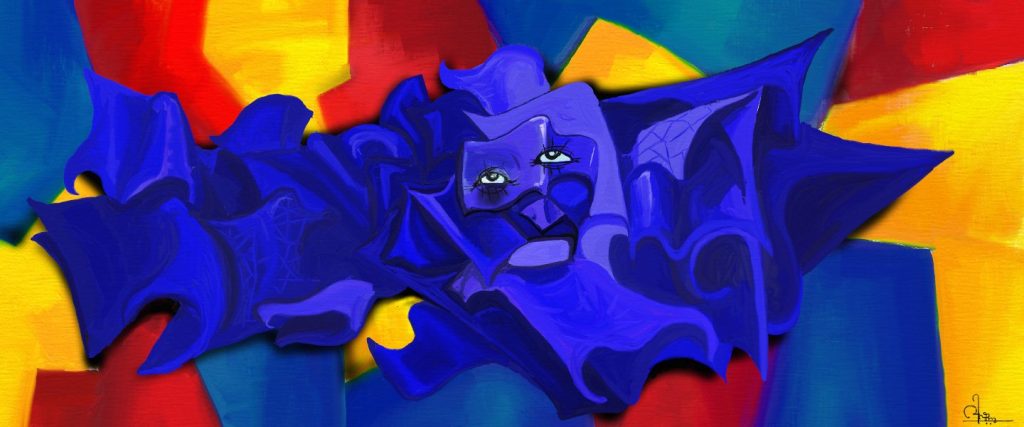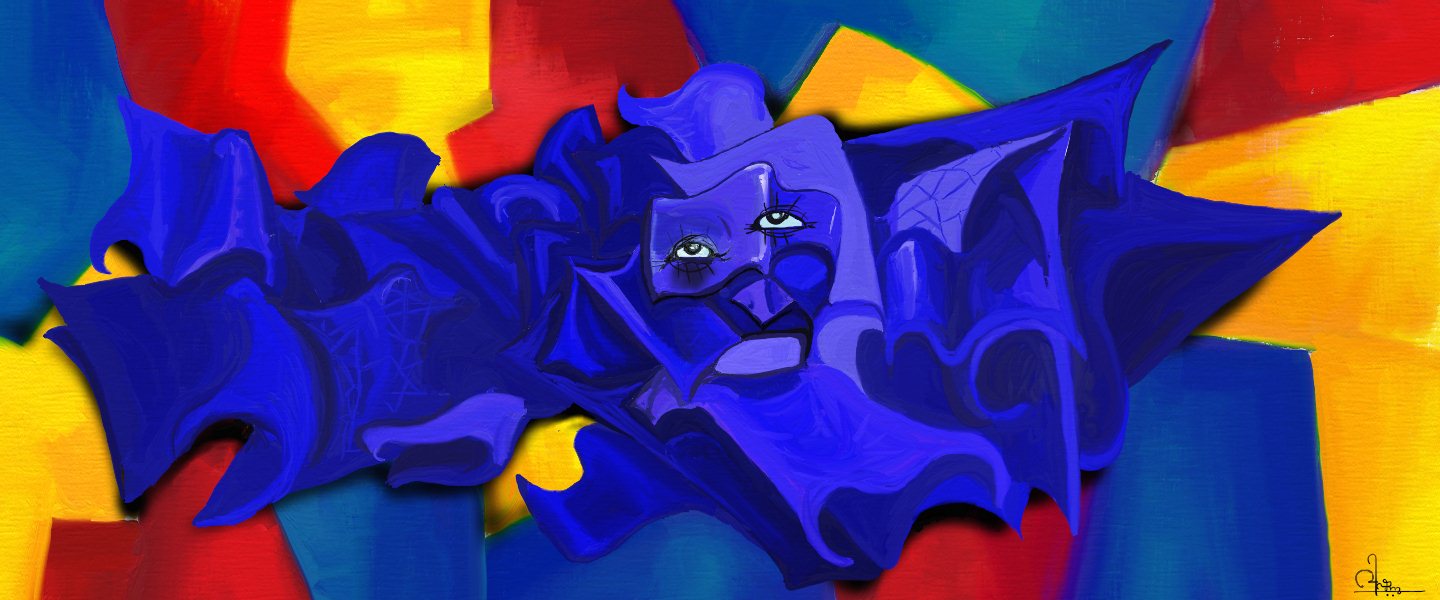
“If you write in English, you cannot know your own emotions.” ~ a poet I once met
Mother’s tongue. Say it slow
to staunch the flow of blood between us.
Distance uncoils
like a trajectory, grates like a tightrope.
Can you distinguish red from beige, green from red,
the translucent quality of skin, of sheen, of mercy? How do you know
what you feel? What language do you feel in?
Rain hooves over the village, wrangling water and waste.
On an ancient beach, an abalone slips off its rock. Iridescence
is validated by waves.
A poet from Bolina, Punjab, drums rhymes in downtown Chicago
and in Madurai, a woman gallops past the shops, arms slashed.
She screams in no language we understand.
Did you know the colourblind can penetrate camouflage?
Cinnamon tail of lizard flicking against bark, a slug’s curved body
glimmering in the dark. Colours can be silk or iron,
the slate of sky, the slate of lead. Colours are not touched
by fingertips. I say kanno, my darling,
and my tongue sticks to the roof.
No, not the roof of my mouth. The roof of the world.
***
Mother Tongue is part of Walk like Monsters (Paperwall, forthcoming), a new collection by Anindita Sengupta.
Illustration by Vishnu Prasad.





